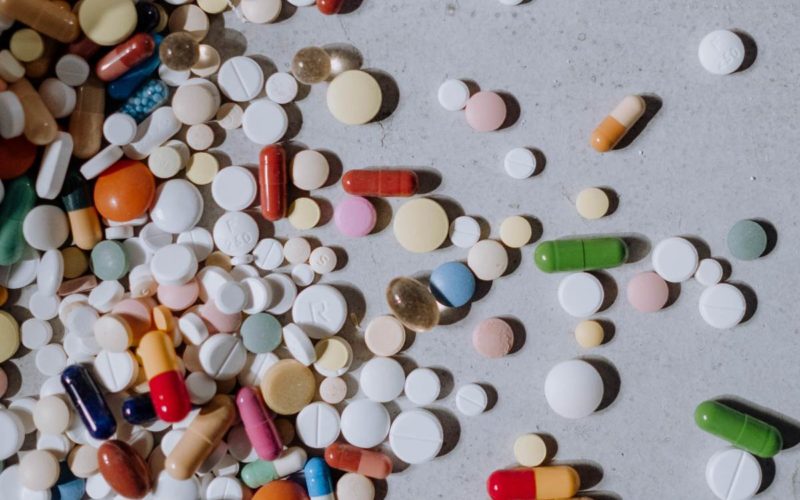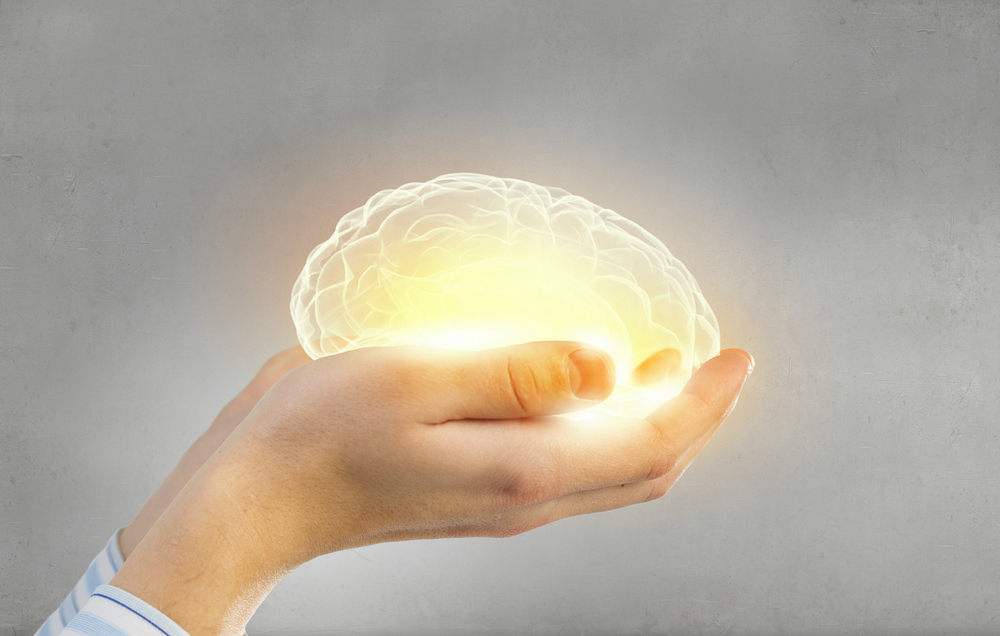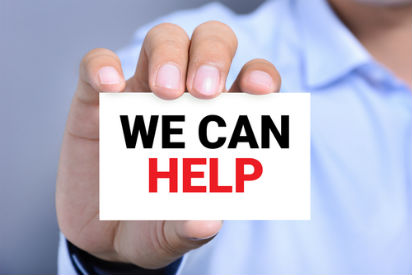Addiction can turn your life upside down. It affects not only the person struggling with the addiction but those around them. Addiction has the power to ruin relationships, careers, and life prospects. The good news: recovery is possible. Therapy can be a key element to helping you recover from addiction if you or a loved one is struggling.
Therapy is life-changing, offering positive emotional support and healthy coping skills to recover from addiction. Recovery takes patience and often comes with ups and downs, but it’s worth it in the long run. Treatment is a hard process, but not as hard as living with addiction day in and day out. No matter where you are in your recovery journey, therapy can help you improve your mental health and become the best, addiction-free version of yourself.
What is Addiction?
Addiction is a brain disorder where an individual relies upon a substance or behavior to an extent that it has negative consequences, according to the American Psychological Association. Addiction involves engaging in harmful behavior with high frequency and in large quantities, making it incredibly difficult to stop despite the repercussions. There are many types of addiction, from substance abuse to video games to gambling.
Talkspace Senior Clinical Manager and therapist Kate Rosenblatt, MA, LPC, LMHC says, “It’s important to remember that addictions are not about willpower or lack thereof. Rather, it’s often our biochemistry gone awry, and that’s what can be contributing to these behaviors.” Addiction is not a personal fault but an illness that takes over the brain, causing us to depend on something harmful.
Because addiction is a mental illness, it is extremely hard to curb the addiction from persisting without professional help. Thankfully, there are many treatments and therapies available to support your recovery.
Common types of substance addiction
Substance abuse impacts the lives of millions of Americans every year and can have life-threatening consequences. Approximately 19.3 million people have a substance abuse disorder and 14.5 million have an alcohol use disorder, according to the Substance Abuse and Mental Health Services Administration. The most common substances abused include alcohol, tobacco, opioids, cocaine, marijuana, and prescription drugs.
The Diagnostic and Statistical Manual of Mental Disorders (DSM-V), which psychologists use to diagnose mental illnesses, includes several addictive disorders. These include several substance addictions, which should be taken seriously.
Stressful times can trigger an increased dependence on substances. COVID-19 is an example of one event causing individuals to increase their reliance on addiction. We want to numb ourselves when dealing with challenging situations or emotions, even if this will harm us long-term.
“We’ve unfortunately seen a rise in substance use disorders since the pandemic, as people tried to cope with the emotional stress and uncertainty that they felt during COVID-19,” Rosenblatt says. “As of only June 2020, the CDC reported a 13% increase in substance use in American adults, in both increased frequency and quantity of the substance.”
Whether COVID or other life factors are causing your stress, substance abuse must be treated to keep you and those around you safe. Consider taking an addiction screening, like this one, and reaching out for support from a mental health professional.
Other prevalent types of addiction
Addiction is certainly not limited to substance abuse, as there are many behaviors we can come to rely too heavily on, leading to negative repercussions. Addictions can include an unhealthy dependence on shopping, video games, exercise, sex, food, gambling, or social media. If you find you can’t go without one of these and must engage in the behavior with high frequency, you may be dealing with an addiction.
Extremes of anything in life are unhealthy, which is why addiction is dangerous. Some of these addictions may be less life-threatening than substance abuse, but they should still be taken just as seriously. Social media or video gaming can be fun in moderation, but when we can’t function without engaging in the behavior, this has become an addiction likely harming your life in many ways.
Just like substance abuse, treatments for these types of addiction are available and effective. Do not hesitate to reach out for support if you’re struggling with any type of addiction.
How Does Therapy Help Treat Addiction?
As an intense mental illness, addiction is best treated with therapy. It may be tempting to say you can handle the problem on your own, but recovery from an addiction is challenging and complicated, so healing is most effective with professional support.
“Therapy can be extremely helpful in recovering from our addictions [because] we can learn about the psychoeducation of addiction,” says Rosenblatt. This includes “what’s going on in our brains, and making meaning or understanding out of this painful experience.”
Rosenblatt adds that those struggling with addiction are often in deep pain, which is why working on yourself in therapy is so helpful. “When we’re in pain, it can feel helpful to work with a therapist who can validate where you are, and how you’re feeling, and ultimately help you move closer to where you want to be in life,” says Rosenblatt.
Therapy teaches us skills to better cope with life’s challenges and provides a safe place to explore the emotional pain we’ve suffered. This is foundational to understanding and then working through your addiction towards recovery.
Types of Therapy Used to Treat Addiction
Therapy is one of the most effective methods proven to treat addiction. Different types of therapy work well for each individual and their addiction, so it’s important to find the best fit for you.
Cognitive behavioral therapy (CBT) is one method commonly used to treat addiction, according to Rosenblatt. “CBT looks at how our thoughts impact our feelings, which impact our behaviors,” she says. “So if we want to change our behavior specific to addiction, we can work with a CBT therapist to identify thoughts or feelings that drive these addictive behaviors, and learn skills to break this thoughts – feelings – actions chain of events.”
CBT is often done through individual therapy, where you frequently meet with a therapist one-on-one. Group therapy is also a great option for those struggling with addiction. Facilitated by a therapist or experienced leader, group therapy brings together several people working to recover from similar addictions. It is a supportive environment that works well on its own or in tandem with individual therapy.
Both individual and group therapy are proven to be effective treatment methods in helping to heal addiction. Consult a doctor or therapist to find what type of therapy works best for you.
The benefits of group therapy in treating addiction
Individual therapy is a great way to work through your problems one-on-one, but group therapy allows us to connect with others going through similar struggles and provides a sense of camaraderie. Groups like Alcoholics Anonymous and Narcotics Anonymous have helped millions of people recover from addiction. Dealing with addiction can feel lonely and isolating, so group therapy provides a support system of those who get what you’re going through.
“It can feel very connecting and de-stigmatizing to meet other people who are struggling with similar issues,” says Rosenblatt. “Often, group therapy can help us validate how we’re feeling, and we can find hope in hearing other’s stories of recovery.”
There are many ways to get involved with a group, such as through a therapist facilitating group therapy or through non-professional support groups like AA and NA. Also, now with the prevalence of online therapy, there are even more ways to get involved with a group from the comfort of your home.
It may seem daunting to start group therapy, but it can be rejuvenating to speak with and learn from people also on the path towards healing from addiction. It can be powerful to connect with others like you and cathartic to open up about your addiction. It’s a different experience from individual therapy, so it’s also worth exploring to see if it benefits your healing process.
When to Seek Professional Help
It’s best for someone dealing with addiction to seek out professional help as early as possible, according to Rosenblatt. It can be scary to ask for help due to the stigma often associated with addiction, but the earlier you start treatment the more you can avoid serious health complications and negative life impacts, such as job loss or relationship fallouts. Early intervention makes it easier to learn to replace the addiction with healthy coping skills.
“Remember, there are times in our lives where we experience lots of stress, or anxiety, or depression, or pain, especially after this past year with COVID,” Rosenblatt says. “If we can allow ourselves to name that ‘oh yes, this is anxiety,’ or ‘this is addiction,’ then we begin accepting where we are, a conduit for health behavior change and recovery.”
Are you ready to start your recovery journey? Talkspace offers the resources you need to get started today, with affordable, online therapy available in just a few clicks. Remember, addiction is fully treatable and you are deserving of recovery.
Talkspace articles are written by experienced mental health-wellness contributors; they are grounded in scientific research and evidence-based practices. Articles are extensively reviewed by our team of clinical experts (therapists and psychiatrists of various specialties) to ensure content is accurate and on par with current industry standards.
Our goal at Talkspace is to provide the most up-to-date, valuable, and objective information on mental health-related topics in order to help readers make informed decisions.
Articles contain trusted third-party sources that are either directly linked to in the text or listed at the bottom to take readers directly to the source.




